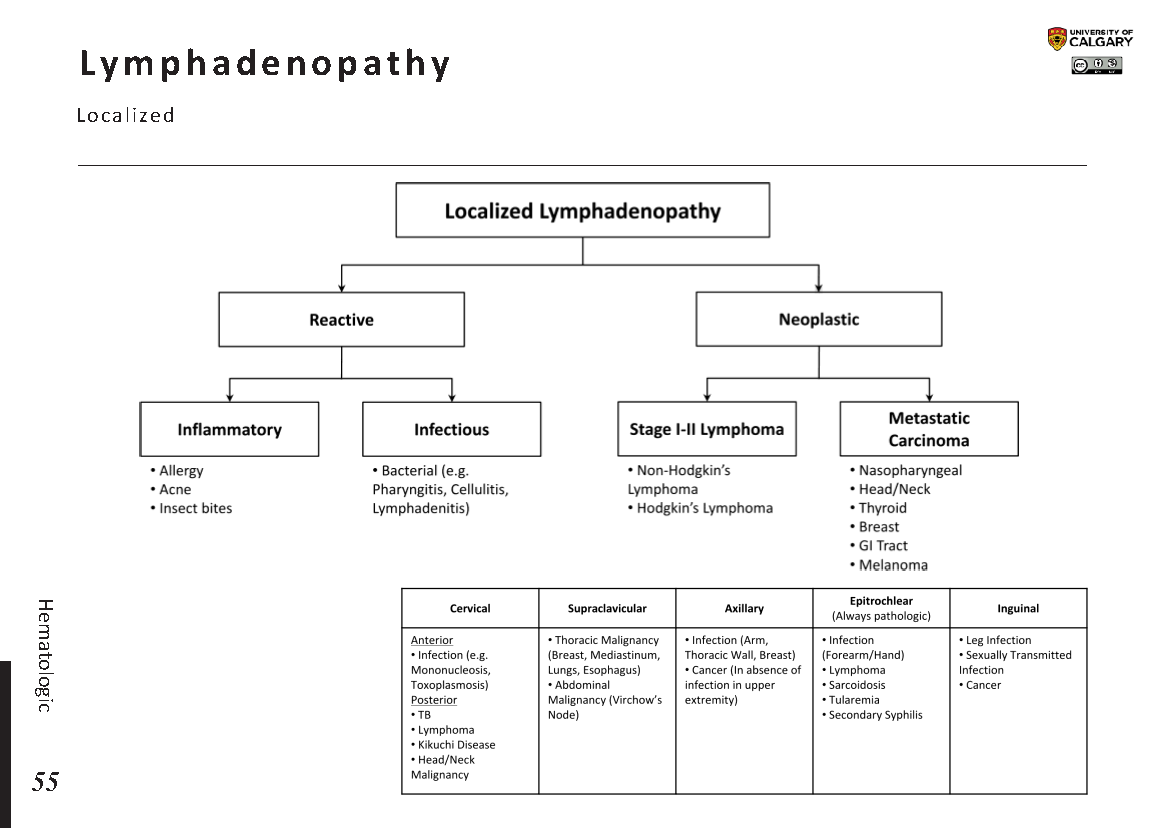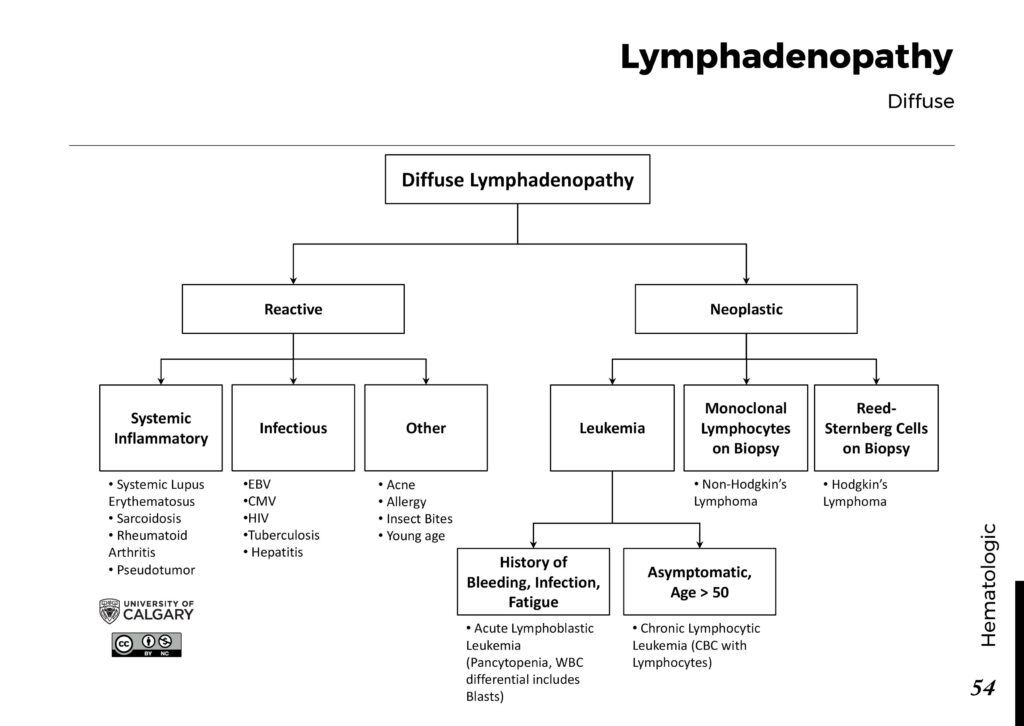Mesenteric lymphadenitis, often abbreviated as ML, is a condition characterized by the inflammation of lymph nodes in the mesentery. The mesentery is a fold of tissue that attaches the intestines to the abdominal wall and plays a crucial role in supporting the digestive system. While this condition is most commonly observed in children and adolescents, it can affect individuals of all ages. Understanding its causes, symptoms, diagnostic methods, and treatment options is essential for proper care and management.

What is Mesenteric Lymphadenitis?
Mesenteric lymphadenitis refers to the swelling or enlargement of lymph nodes located in the mesentery. These lymph nodes are part of the immune system and help the body fight infections. When they become inflamed, it can cause discomfort and mimic other conditions, such as appendicitis. This similarity often leads to confusion during diagnosis, making it important to differentiate between the two.
Role of the Mesentery and Lymph Nodes
- The mesentery provides structural support to the intestines and houses blood vessels, nerves, and lymph nodes.
- Lymph nodes in the mesentery act as filters, trapping harmful substances like bacteria and viruses.
- Inflammation of these nodes occurs when the body is fighting an infection or responding to other triggers.
Causes of Mesenteric Lymphadenitis
The exact cause of mesenteric lymphadenitis can vary, but it is most often associated with infections. Below are some common causes:
Viral Infections
Viral infections are the leading cause of mesenteric lymphadenitis. Common viral culprits include:
- Gastroenteritis, also known as stomach flu, which affects the digestive tract.
- Adenovirus, which can cause respiratory and gastrointestinal symptoms.
- Epstein-Barr virus, responsible for infectious mononucleosis.
Bacterial Infections
Bacterial infections can also lead to inflammation of the mesenteric lymph nodes. Some examples include:
- Yersinia enterocolitica, a bacterium that causes symptoms similar to appendicitis.
- Salmonella, which is often contracted through contaminated food or water.
- Streptococcus species, which can cause throat infections and spread to other areas.
Other Potential Causes
In addition to infections, other factors may contribute to the development of mesenteric lymphadenitis:
- Inflammatory bowel diseases like Crohn’s disease or ulcerative colitis.
- Autoimmune disorders where the immune system mistakenly attacks healthy tissues.
- Rarely, certain types of cancer, such as lymphoma, can cause lymph node enlargement.
Symptoms of Mesenteric Lymphadenitis
The symptoms of mesenteric lymphadenitis can range from mild to severe and often resemble those of other abdominal conditions. Recognizing these symptoms is key to seeking timely medical attention.
Common Symptoms
- Abdominal pain, typically located in the lower right quadrant of the abdomen.
- Fever, which may be low-grade or high depending on the underlying cause.
- Nausea and vomiting, especially if the condition is triggered by a gastrointestinal infection.
- Diarrhea or constipation, depending on how the digestive system is affected.
- General malaise or fatigue, which is common with infections.
Less Common Symptoms
- Loss of appetite, leading to unintentional weight loss over time.
- Tenderness in the abdomen upon touch or pressure.
- Bloating or a feeling of fullness in the stomach area.
Distinguishing from Appendicitis
One of the challenges in diagnosing mesenteric lymphadenitis is its resemblance to appendicitis. Both conditions present with abdominal pain, fever, and nausea. However, unlike appendicitis, mesenteric lymphadenitis does not involve the rupture of an organ and is generally less severe. A thorough evaluation by a healthcare provider is necessary to differentiate between the two.
Diagnosis of Mesenteric Lymphadenitis
Diagnosing mesenteric lymphadenitis requires a combination of clinical evaluation, imaging studies, and laboratory tests. Since the symptoms overlap with other conditions, accurate diagnosis is critical for appropriate treatment.
Clinical Evaluation
A healthcare provider will begin by taking a detailed medical history and conducting a physical examination. They will ask about the onset, duration, and severity of symptoms, as well as any recent illnesses or infections.
Imaging Studies
Imaging plays a vital role in confirming the diagnosis. Common imaging techniques include:
- Ultrasound: This non-invasive test uses sound waves to visualize the abdominal organs and identify enlarged lymph nodes.
- Computed Tomography (CT) Scan: A CT scan provides detailed images of the abdomen and can help rule out other conditions like appendicitis.
Laboratory Tests
Blood tests and stool samples may be ordered to check for signs of infection or inflammation. These tests can help identify specific pathogens or abnormalities in the blood count.
Additional Considerations
In rare cases, a biopsy of the lymph nodes may be required to rule out malignancies or autoimmune disorders. This involves removing a small sample of tissue for analysis under a microscope.
Treatment and Care for Mesenteric Lymphadenitis
The treatment approach for mesenteric lymphadenitis depends on the underlying cause and severity of symptoms. Most cases resolve on their own with supportive care, while others may require targeted interventions.
Supportive Care
For mild cases caused by viral infections, supportive care is usually sufficient. This includes:
- Rest: Allowing the body time to recover is essential.
- Hydration: Drinking plenty of fluids helps prevent dehydration, especially if diarrhea or vomiting is present.
- Pain Relief: Over-the-counter medications like acetaminophen or ibuprofen can alleviate pain and reduce fever.
Antibiotics
If a bacterial infection is identified as the cause, antibiotics may be prescribed. It is important to complete the full course of antibiotics as directed by the healthcare provider to ensure the infection is fully treated.
Management of Underlying Conditions
In cases where mesenteric lymphadenitis is linked to an underlying condition, such as inflammatory bowel disease or an autoimmune disorder, managing the primary condition is crucial. This may involve:
- Medications to control inflammation, such as corticosteroids or immunosuppressants.
- Dietary modifications to reduce stress on the digestive system.
- Regular follow-up appointments with a specialist to monitor progress.
When to Seek Medical Attention
While many cases of mesenteric lymphadenitis resolve without complications, certain signs warrant immediate medical attention:
- Severe or worsening abdominal pain.
- High fever that does not respond to medication.
- Signs of dehydration, such as dry mouth, dark urine, or dizziness.
- Persistent vomiting or inability to keep fluids down.
Preventive Measures
Although it is not always possible to prevent mesenteric lymphadenitis, practicing good hygiene and maintaining a healthy lifestyle can reduce the risk of infections. Tips include:
- Washing hands regularly, especially before meals and after using the restroom.
- Avoiding close contact with individuals who are sick.
- Consuming a balanced diet rich in fruits, vegetables, and whole grains to support immune function.





